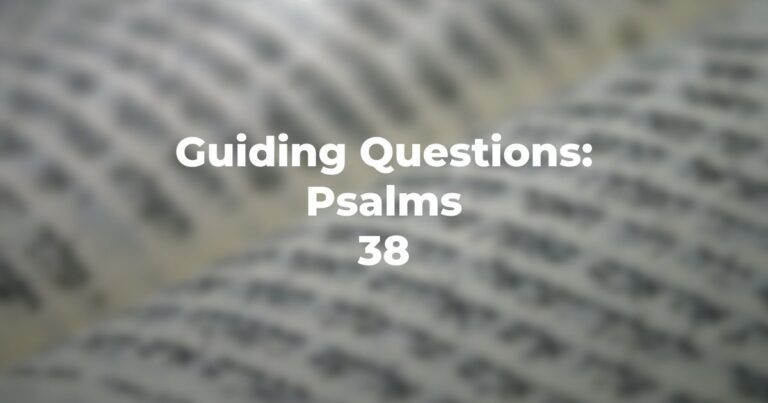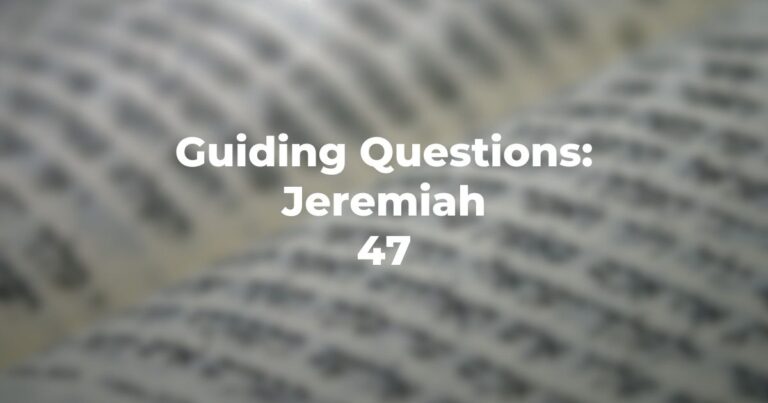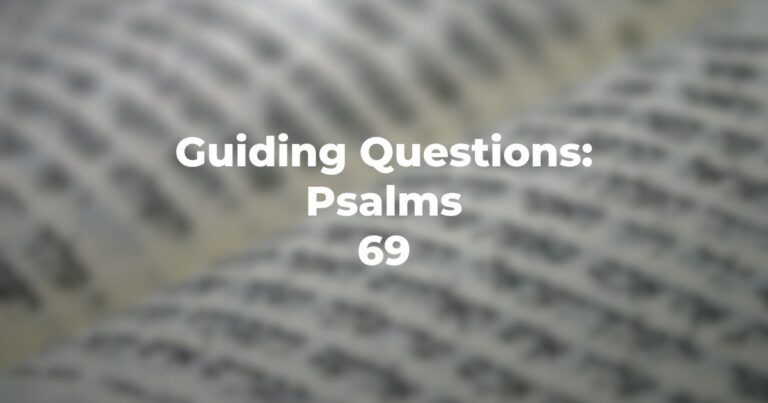- In Proverbs 5:3, “strange” probably means “foreign”. Why has “strange” been changed to “forbidden” (see footnote)? What is the teacher warning against? Why such excoriation?
- Why does the admonition shift to the plural (sons) in Proverbs 5:7? Can you imagine the context or setting in which these words were uttered?
- What are the consequences of relations with a forbidden woman? Where is the moral dimension?
- What do Proverbs 5:12-14 imply about the role of teachers which may differ from their role today?
- What kind of situation is the speaker describing in Proverbs 5:14?
- Explain the analogy to water in Proverbs 5:15-18.
- Who or what is described in Proverbs 5:19?
- In a few words, what is the basic message of this chapter?
Author
-

Exploring Judaism is the digital home for Conservative/Masorti Judaism, embracing the beauty and complexity of Judaism, and our personal search for meaning, learning, and connecting. Our goal is to create content based on three core framing: Meaning-Making (Why?), Practical Living (How?), and Explainers (What?).
View all posts




